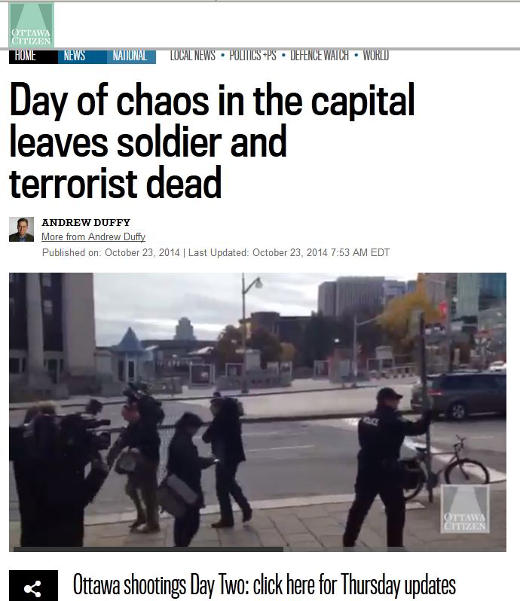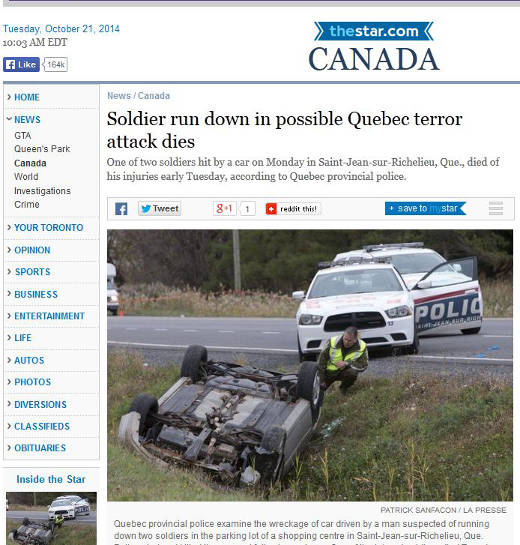Canada has been caught up in the recent terrorism fervor that is making the rounds. With the Canadian economy hitting a bit of a bump (thanks to low oil prices) the ruling Conservative Party has shifted focus to passing new anti-terrorism legislation that will likely make its way as part of their election platform later this year. Bill C-51 has raised a lot of questions about the extent to which it may be sacrificing the liberties of the Canadian people for some perceived security.
Four former Canadian prime ministers (including a Conservative) and five former Supreme Court justices have warned Conservative Prime Minister Stephen Harper that protecting the security of Canadians and their most important freedoms is not a zero sum game.
In their own words criticizing his anti-terrorism legislation, Bill C-51, they warn: “Protecting human rights and protecting public safety are complementary objectives, but experience has shown that serious human rights abuses can occur in the name of maintaining national security.” (Toronto Star)

Political debate over proposed Canadian Anti-Terrorism Act, Bill C-51
But like a lot of countries, the major political parties in Canada are on the same page when it comes to anti-terrorism legislation. Here the Conservatives and Liberals would likely bring forth the same law, with minor adjustments, but the same overall impact.
The NDP, oddly, has much the same message: were the Liberals to be elected, nothing much would change. Only it’s aimed at a different group of voters — not the centre-right voters the Liberals hope to lure away from the Tories, but the centre-left voters the NDP hopes to lure away from the Liberals. What’s the use in changing governments, they are telling those voters, if nothing else changes? Only the NDP represents real change, they will say, and the Liberals’ willingness to vote in favour of this bill is proof of it. (National Post)


